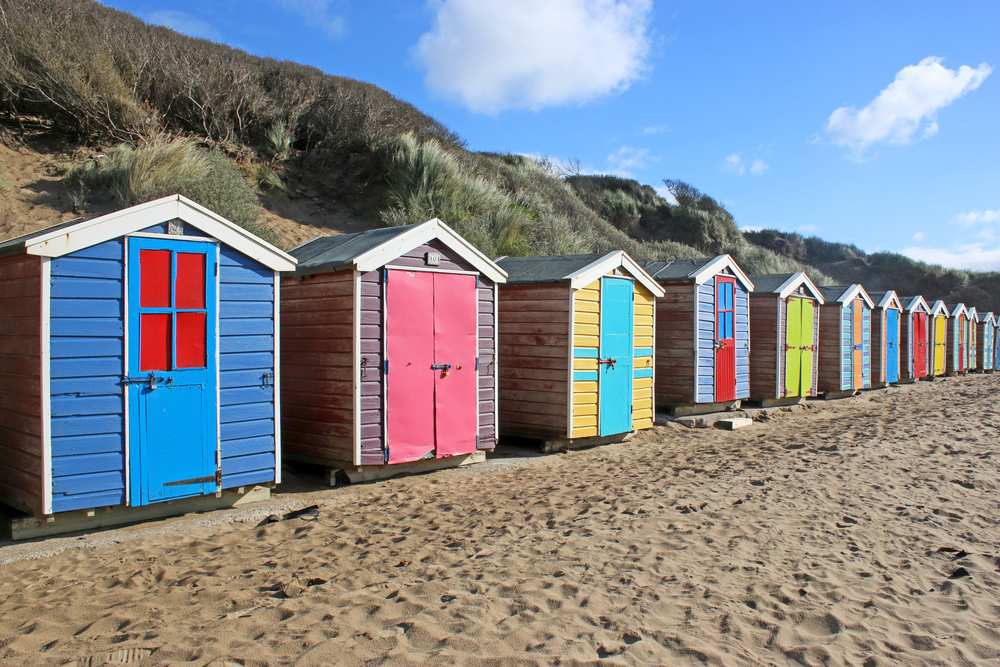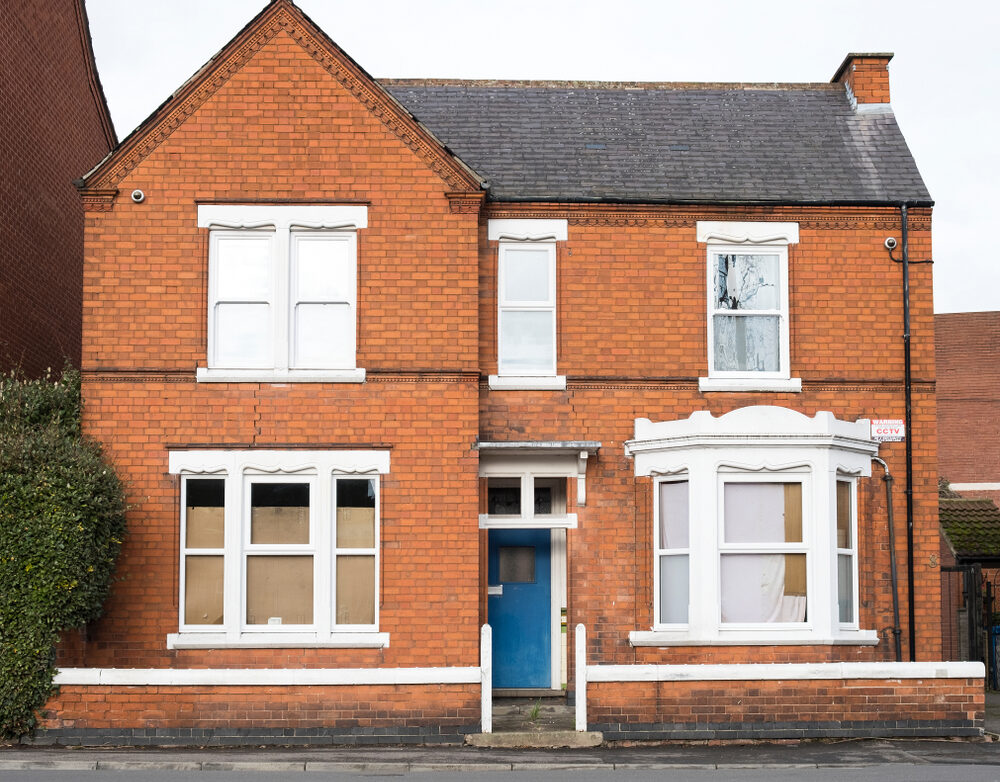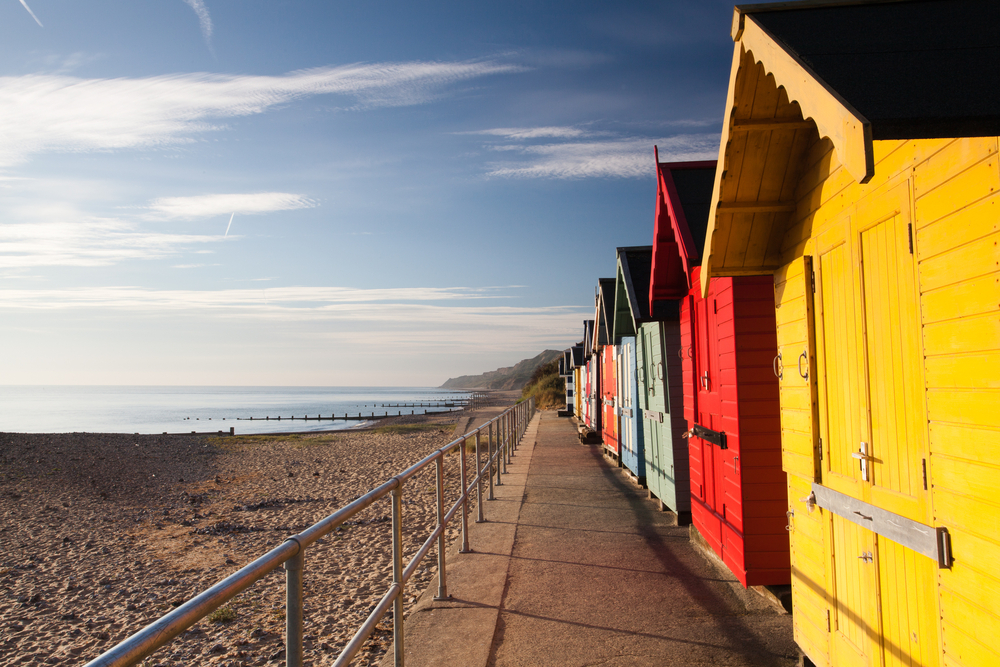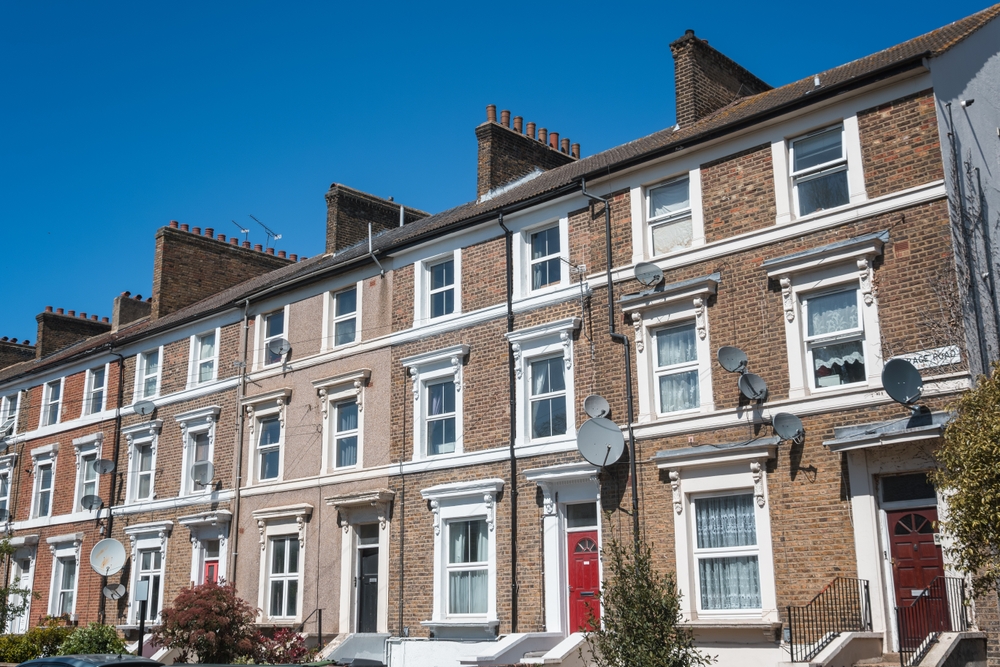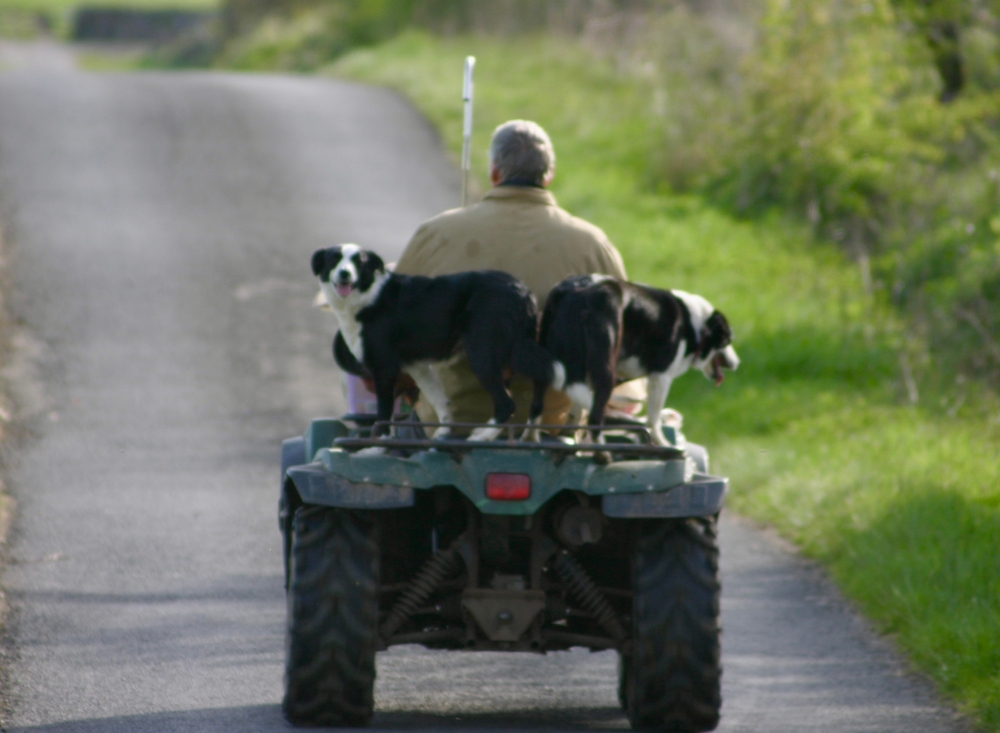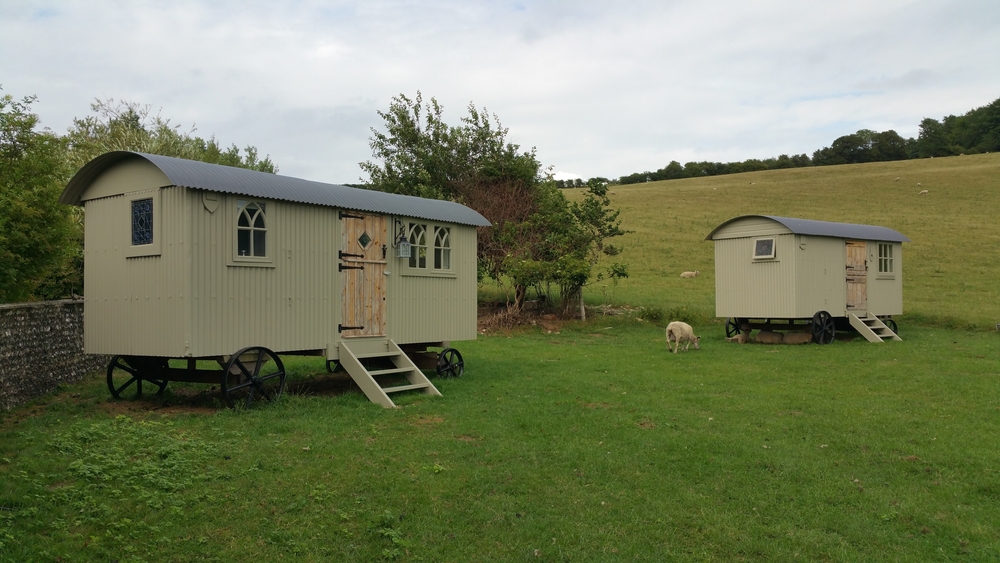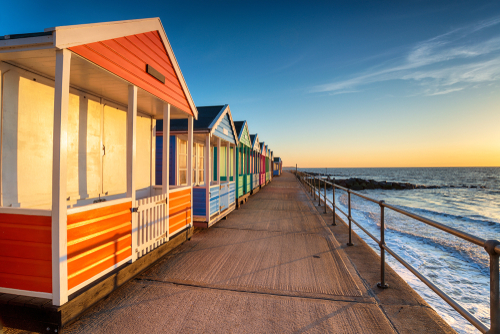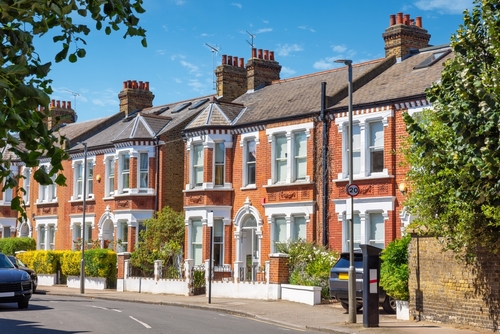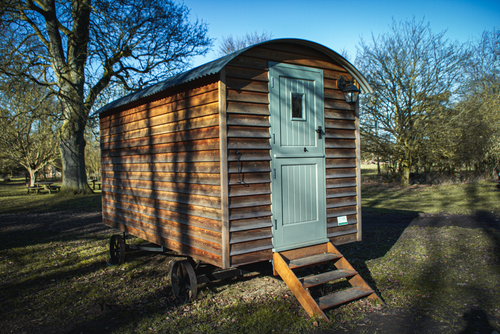Growing numbers of Brits are buying beach huts across the country. If you are looking to buy your first beach hut, this post will provide a step-by-step guide to the process, from your initial research to the final sale.
Research Your Beach Hut Location
Where do you want your beach hut to be based? Somewhere close to you, so that you can escape to it every weekend throughout the summer? Or somewhere further away, so that you can base your full family holiday around your beach hut?
One thing to consider is that the prices of beach huts will vary across the country. So it might be worth deciding your budget before you pick your location.
Make a shortlist of possible locations, and be sure to spend some time in each location before you make any final decisions. Take in the local amenities, and try to get a feel for the atmosphere and the community in the area.
Finally, contact the local council. Certain councils might impose certain restrictions on beach hut ownership, and you may have to get their permission before you make any changes to the hut.
Should You Buy a Freehold or Leasehold Beach Hut?
You may have to choose between a freehold or a leasehold beach hut:
- Freehold – You own both the structure and the land it is built on. This would give you the freedom to do essentially anything with the hut. However, freehold beach huts tend to be expensive, and comparatively rare.
- Leasehold – These are managed by local councils, and there are often tight restrictions on how you can use the hut, along with lengthy waiting lists to get a hut. Some councils only allow local residents to purchase their leasehold beach huts, but others will be a bit more flexible. The upside is that leasehold beach huts tend to be a lot cheaper than freehold beach huts.
Choose Your Hut
Once you have a budget and a location in mind, it is time to choose your beach hut.
If you want to get a leasehold beach hut, you will have to purchase it through the local council.
If you want to buy a freehold beach hut, you will have to do so through other channels, such as:
- Find an estate agent that specialises in beach huts in your target area
- Get in touch with the local beach hut association
- Check online marketplaces, such as Facebook and eBay
- Look at local classified ads in newspapers and newsagents
Be sure to view any potential hut before you agree to buy it. Get an idea of its condition, and think about whether you would need to do any work before you could start using the hut. Also think about how close it is to the nearest facilities and amenities. And perhaps most important of all, does it have a good view?
Finalising the Sale
If you are looking to purchase a leasehold beach hut, then you will pay whatever price the council wants you to pay.
But if you are looking to buy a freehold beach hut, you might be able to make an offer. Just remember that the current owner might have a lot of interest in their hut, so they may be considering multiple offers alongside yours.
If they accept your offer, you can then agree on the terms of your sale. This mainly means agreeing on a completion date, but you may also be able to agree on including certain items in the sale, such as fixtures, fittings, and furniture.
It may be useful to hire a solicitor to ensure that all of the paperwork is in order, and that you are not overlooking anything major. After this, it will just be a case of making the payment on your agreed terms, and getting all the documents and the keys on your completion date.
Taking Care Of Your Beach Hut
Once you have bought your beach hut, you will have to commit to ongoing maintenance. There are a number of reasons to do this:
- It will keep your beach hut in good condition, ensuring that it will always remain a pleasant place to spend time.
- It will help to protect your beach hut from the elements. A fresh coat of paint now and then can form an effective barrier against wind and rain over the winter.
- Thieves and vandals may be more likely to target beaten and weathered beach huts. Keep yours in good condition and it might deter them.
- Your insurer may require you to perform certain maintenance as part of your beach hut insurance
Read our essential guide to beach hut maintenance.
Get The Right Cover For Your Beach Hut
Just like any investment, it is a good idea to get adequate insurance cover for your beach hut.
James Hallam is an independent Lloyd’s broker with a dedicated team of experienced insurance professionals who specialise in getting you the cover you need at a competitive price.
We will ensure you get full cover for your beach hut, no matter its size or location, and no matter how you use it.
Learn more about our specialist beach hut insurance and get a free quote today.


